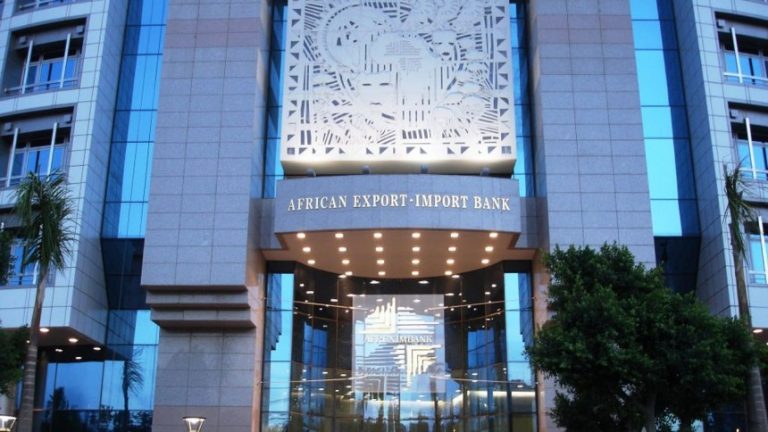
Fitch Ratings has downgraded the African Export-Import Bank (Afreximbank) to BBB-, placing the Pan-African lender just one notch above speculative grade, as concerns grow over its exposure to distressed sovereign borrowers and the credibility of its risk management policies.
According to Reuters, the U.S. rating agency also assigned a negative outlook, signaling the potential for further downgrades.
The downgrade places Afreximbank in a precarious position, with Fitch citing “high credit risks” and “weak risk-management practices” as primary concerns. A major trigger for the downgrade was the bank’s exposure to sovereign debt restructurings in countries such as Ghana, Zambia, and Malawi, where Fitch said the bank’s insistence on its multilateral preferred creditor status may not hold up under pressure.
Register for Tekedia Mini-MBA edition 19 (Feb 9 – May 2, 2026).
Register for Tekedia AI in Business Masterclass.
Join Tekedia Capital Syndicate and co-invest in great global startups.
Register for Tekedia AI Lab.
Fitch estimated Afreximbank’s non-performing loan (NPL) ratio to be 7.1% at the end of 2024, a figure that starkly contrasts with the 2.44% reported by the bank itself in its first-quarter financials. The agency attributed the discrepancy to differences in accounting standards, pointing out that the bank’s adoption of flexibilities under IFRS 9 allows it to classify certain at-risk loans as performing—an approach Fitch considers too opaque when compared with other multilateral development banks.
“The revision of risk management to ‘weak’ reflects low transparency in the recent reporting of loan performance,” Fitch said in its statement. “This also reflects that Fitch’s definition of NPLs differs from the bank’s approach, which makes use of flexibilities offered by IFRS 9.”
The negative outlook indicates Fitch is placing Afreximbank on effective downgrade watch, a reflection of the growing possibility that some of the bank’s loans may be included in sovereign debt restructuring deals. Should this happen, Fitch warned, it could lead to a reassessment of the bank’s overall policy importance and increase concerns about its strategic direction.
Reuters had reported earlier that Afreximbank had privately assured investors that Ghana remains current on its loan obligations and that it would not participate in any restructuring efforts involving member states. However, Ghanaian authorities contradicted this claim, stating the country had not made debt service payments to the bank in two years and is now seeking to restructure its loans, including those owed to Afreximbank.
Fitch said such conflicting signals about the status of repayments and restructuring intent put the bank’s risk controls and policy standing under fresh scrutiny.
“Inclusion in sovereign debt restructurings would likely lead us to revise our currently ‘low risk’ assessment of the bank’s policy importance,” the agency said.
Afreximbank has yet to respond to the downgrade, but the silence has done little to calm investor anxiety. The institution, whose shareholders include African governments, central banks, and private investors, has positioned itself as a critical source of funding for African countries shut out of international capital markets. Its role has only grown more prominent as rich nations scale back foreign aid and concessional lending.
However, the downgrade comes at a time when the bank is expanding its lending profile in fragile economies and entering strategic sectors like energy and infrastructure, where repayment risks are notably higher. Analysts warn that a further downgrade could significantly raise borrowing costs for Afreximbank, limit its access to favorable international credit lines, and dampen its ability to provide urgently needed capital across the continent.
The development also underscores a broader concern over transparency and governance among African multilateral lenders, especially as traditional donors tighten fiscal support. With sovereign defaults and restructurings now more frequent across the continent, banks like Afreximbank face mounting pressure to reconcile their policy ambitions with financial prudence.
Now the spotlight remains on how Afreximbank will respond to the mounting scrutiny, whether it will revise its risk classifications to align more closely with global standards, and how it will navigate the delicate balance between maintaining its preferred creditor status and supporting sovereign borrowers under financial distress.



